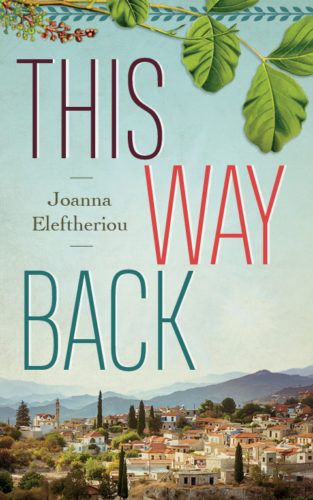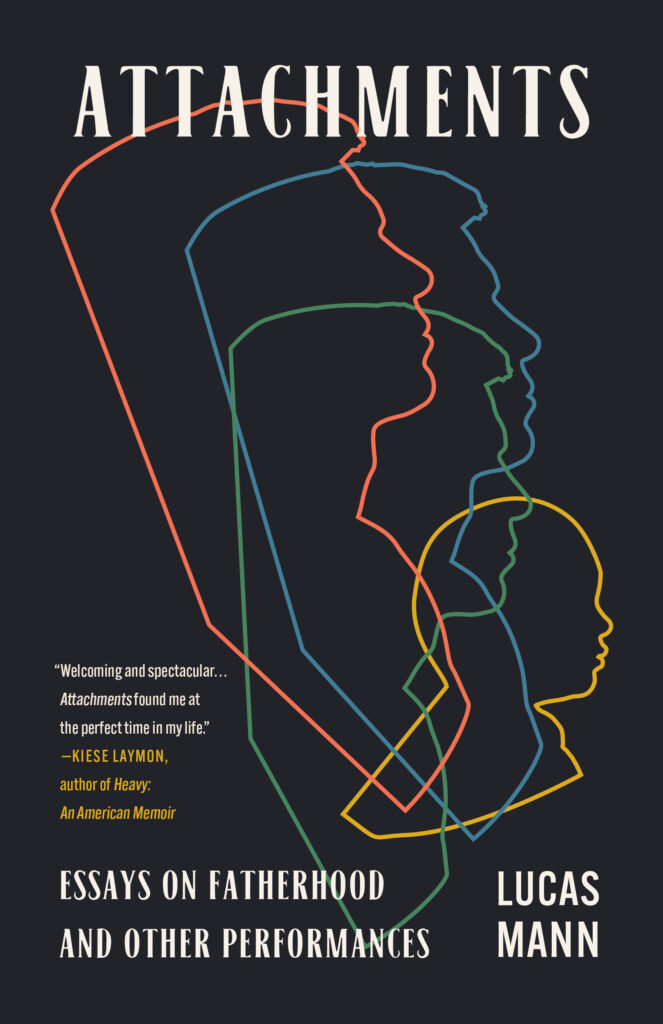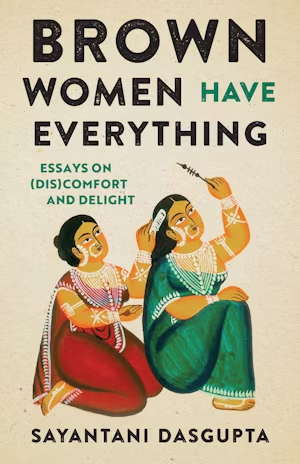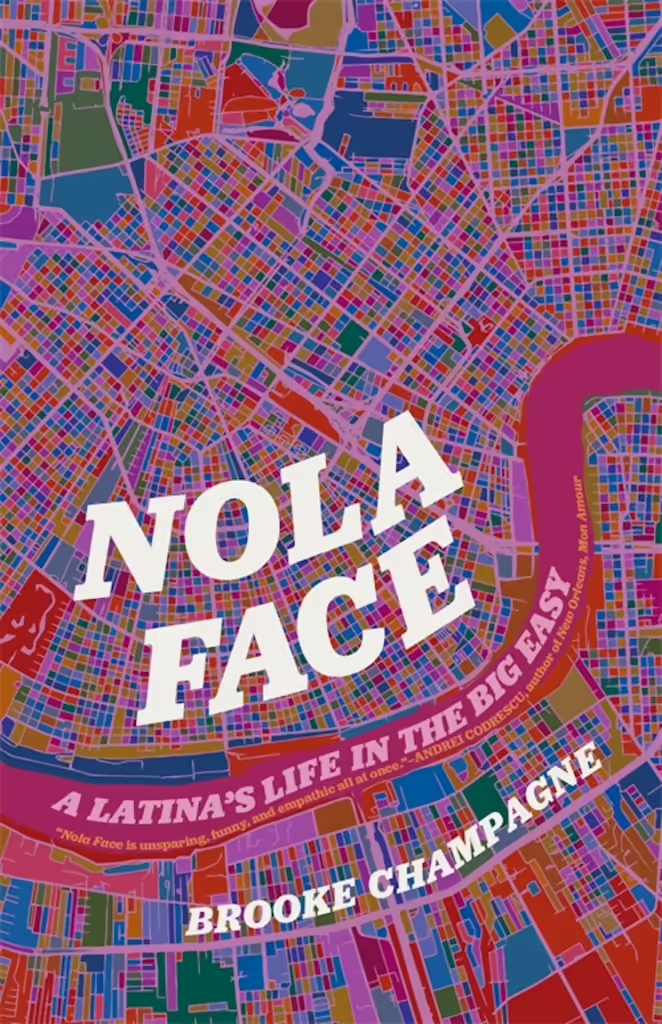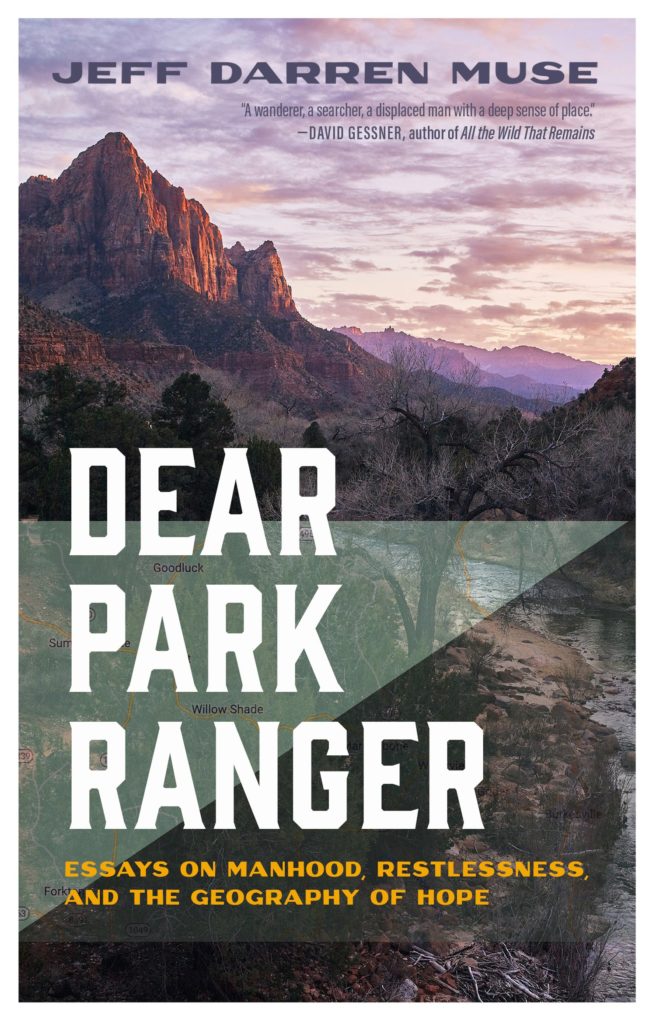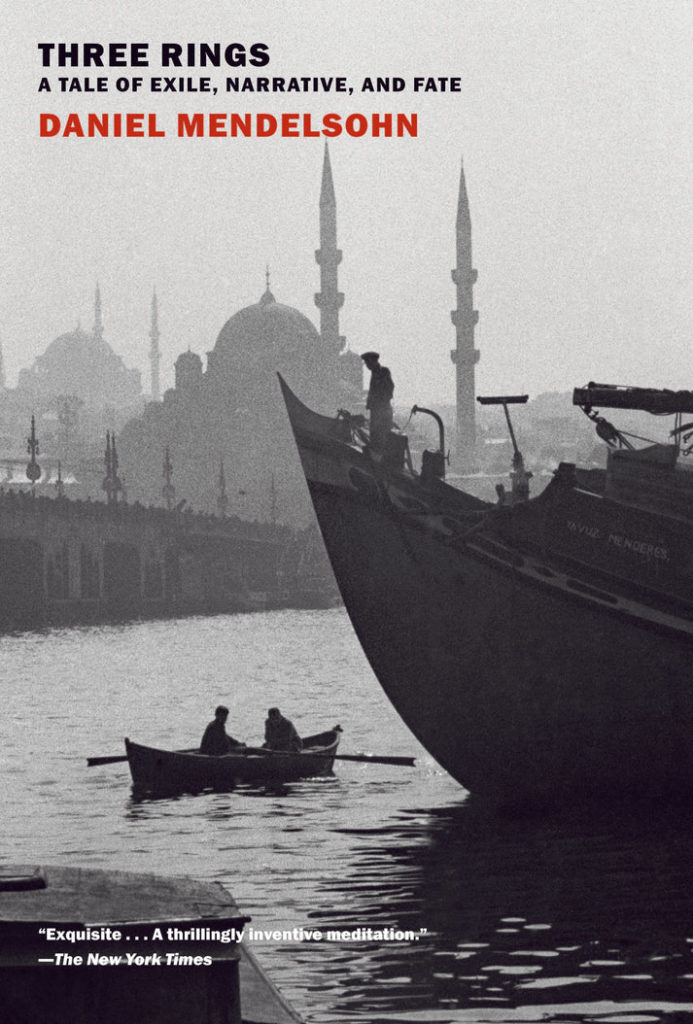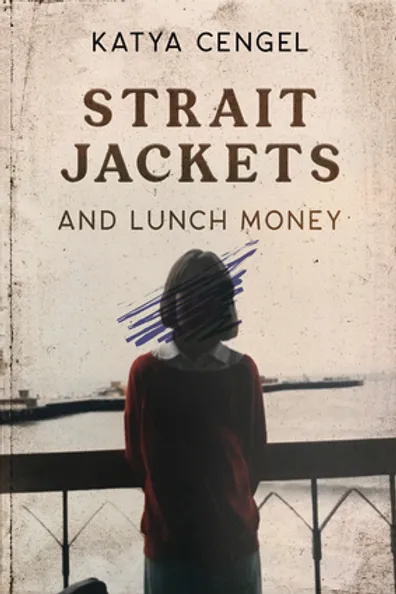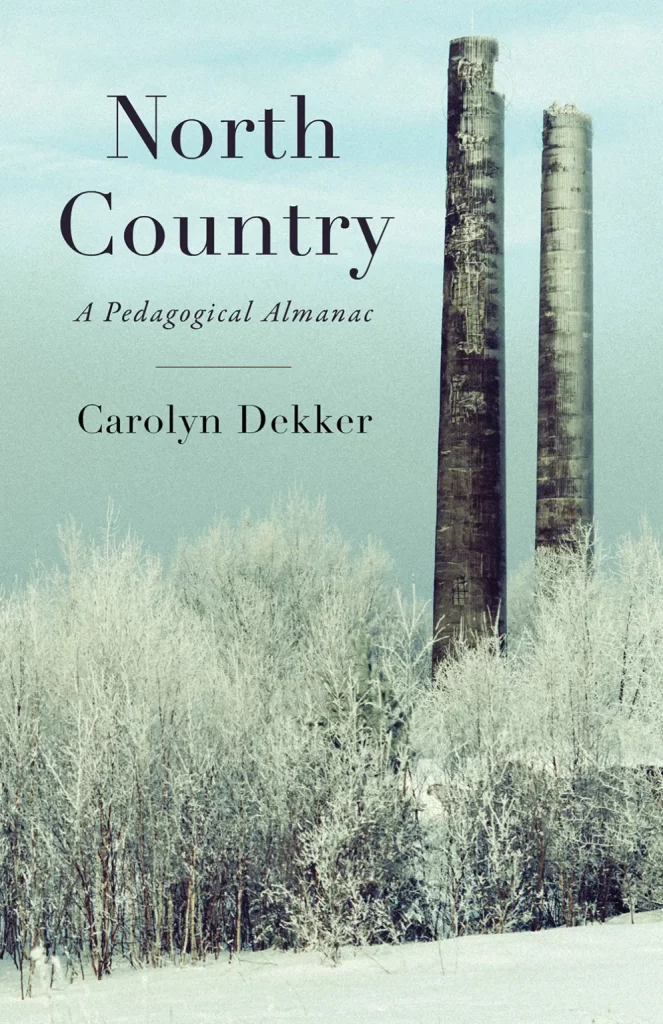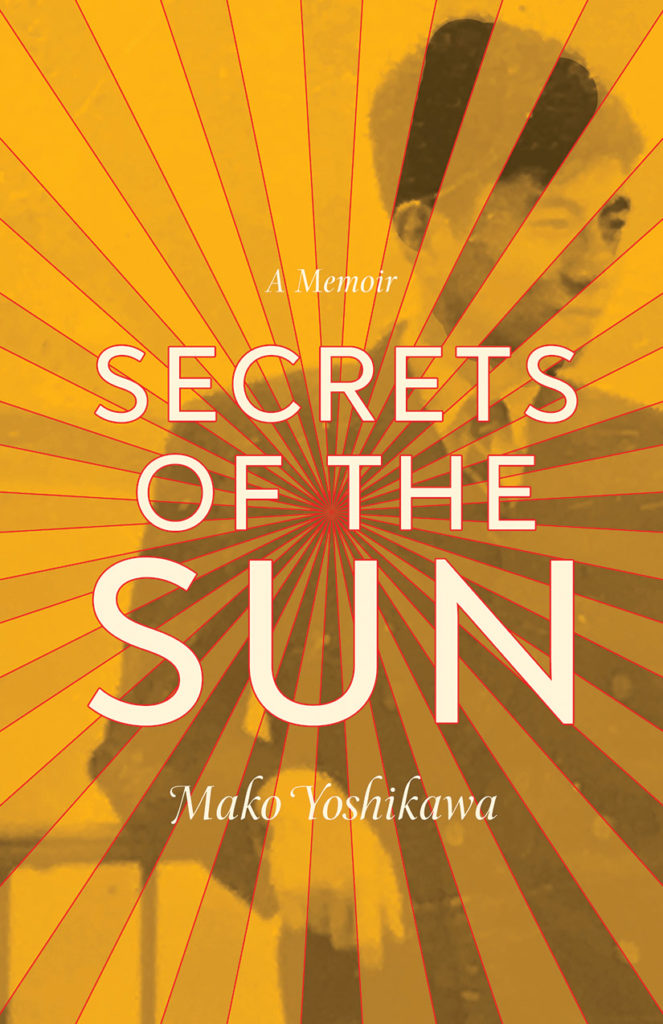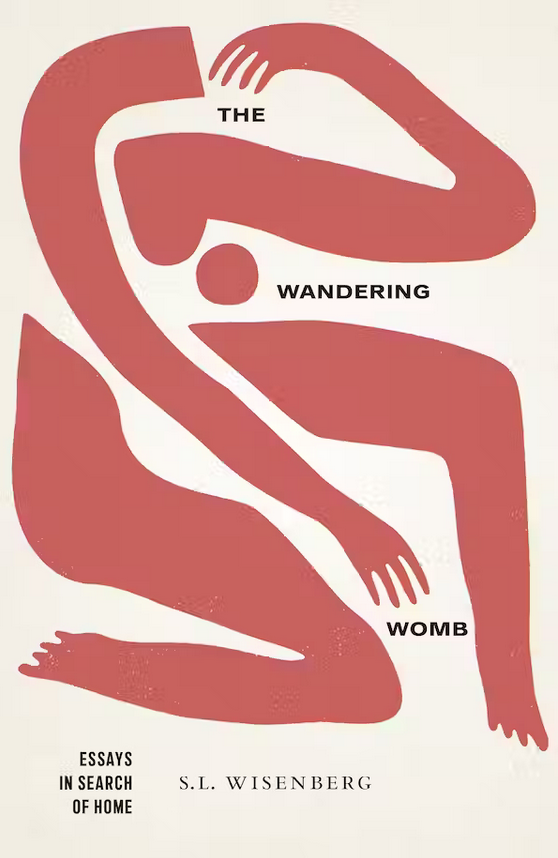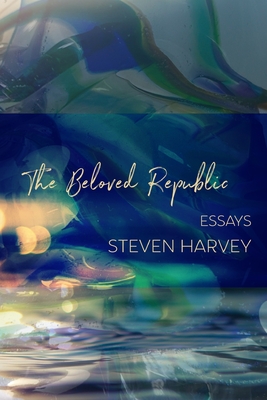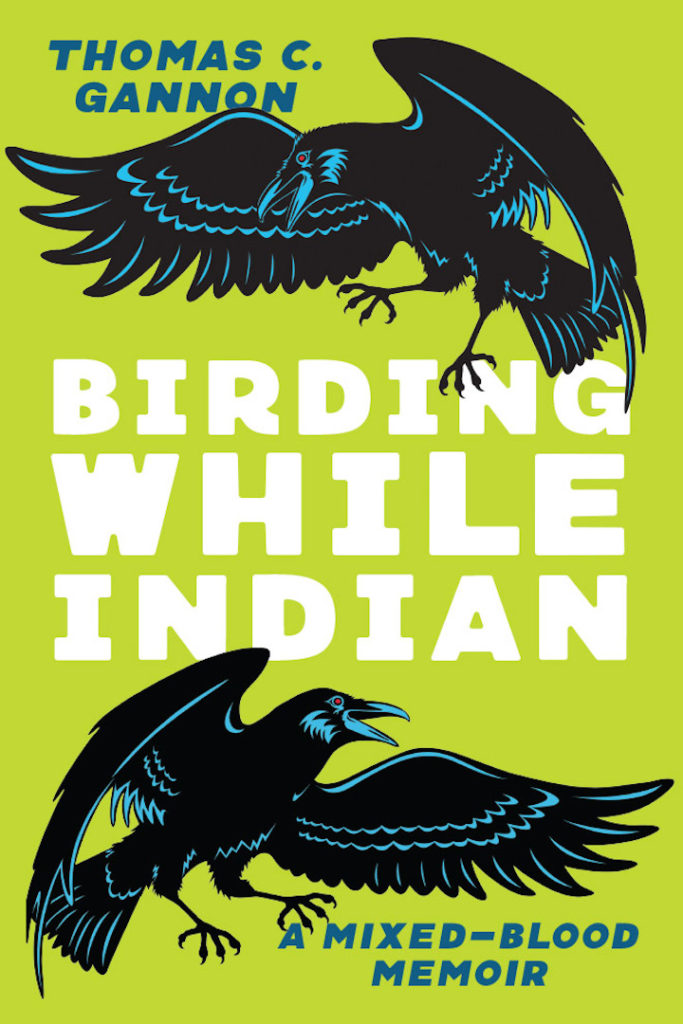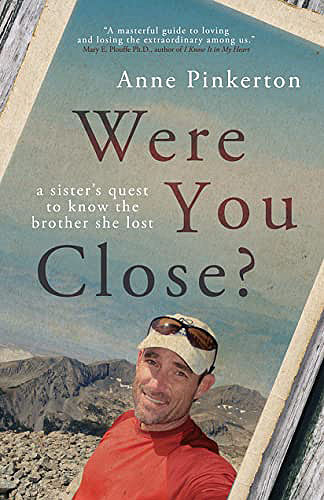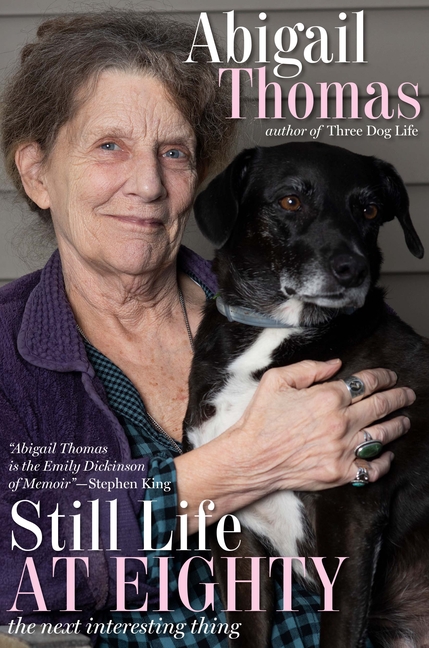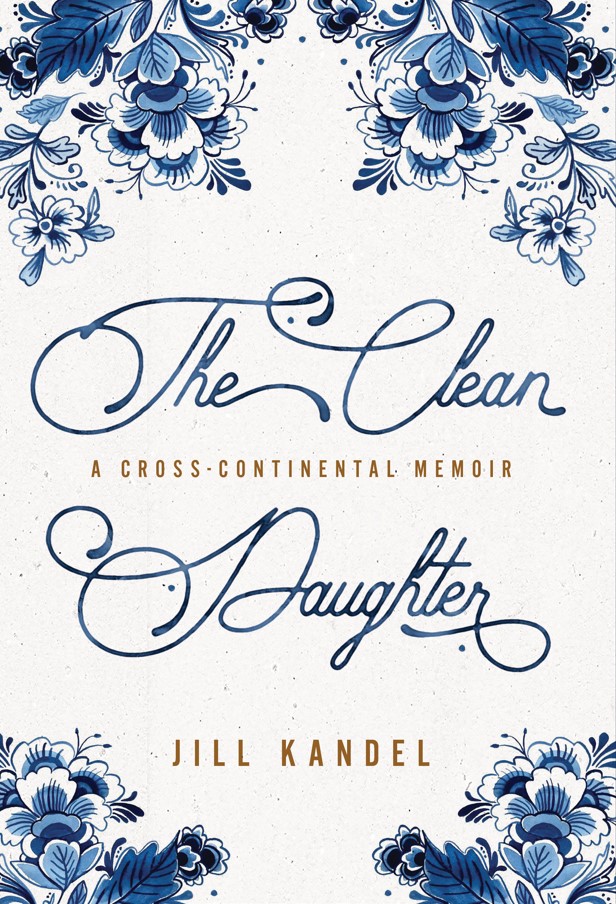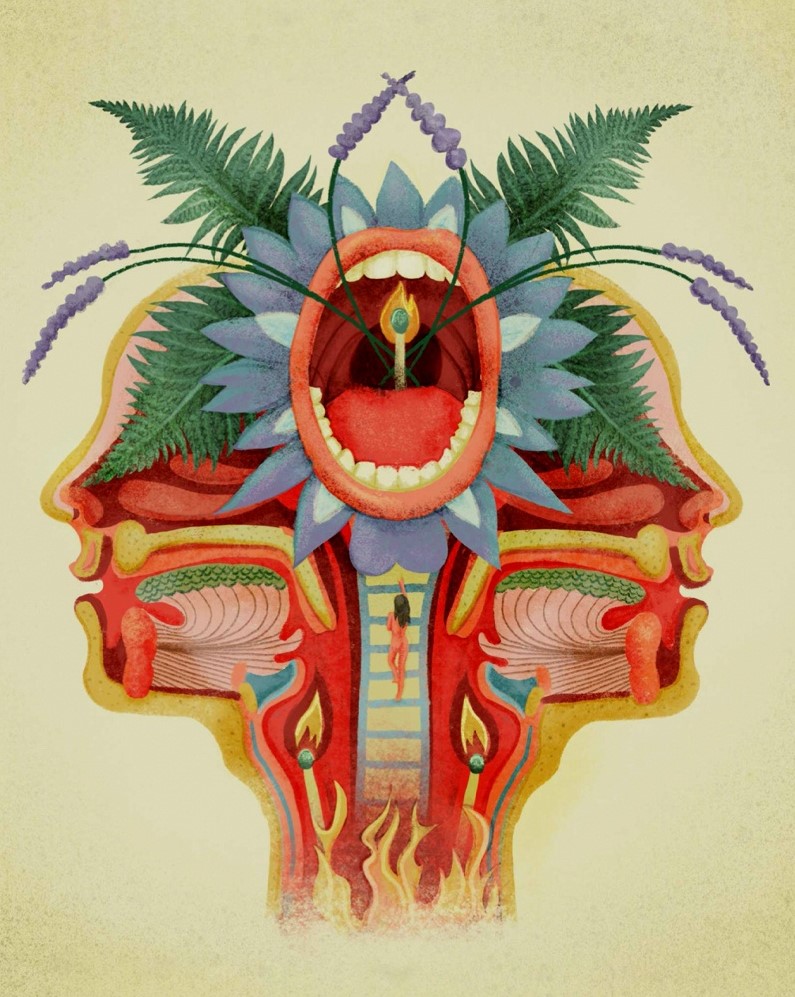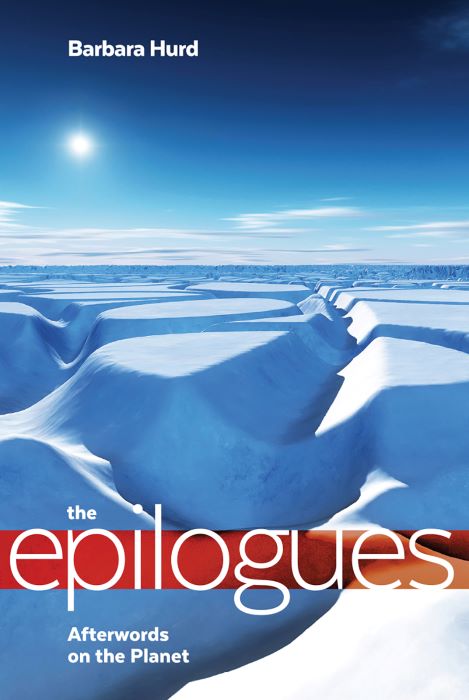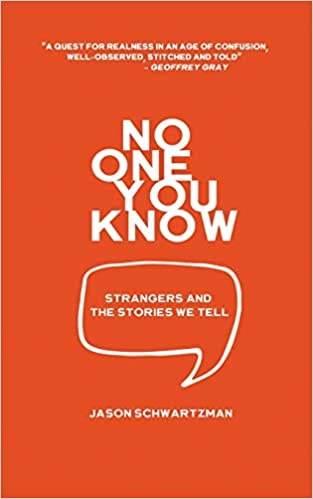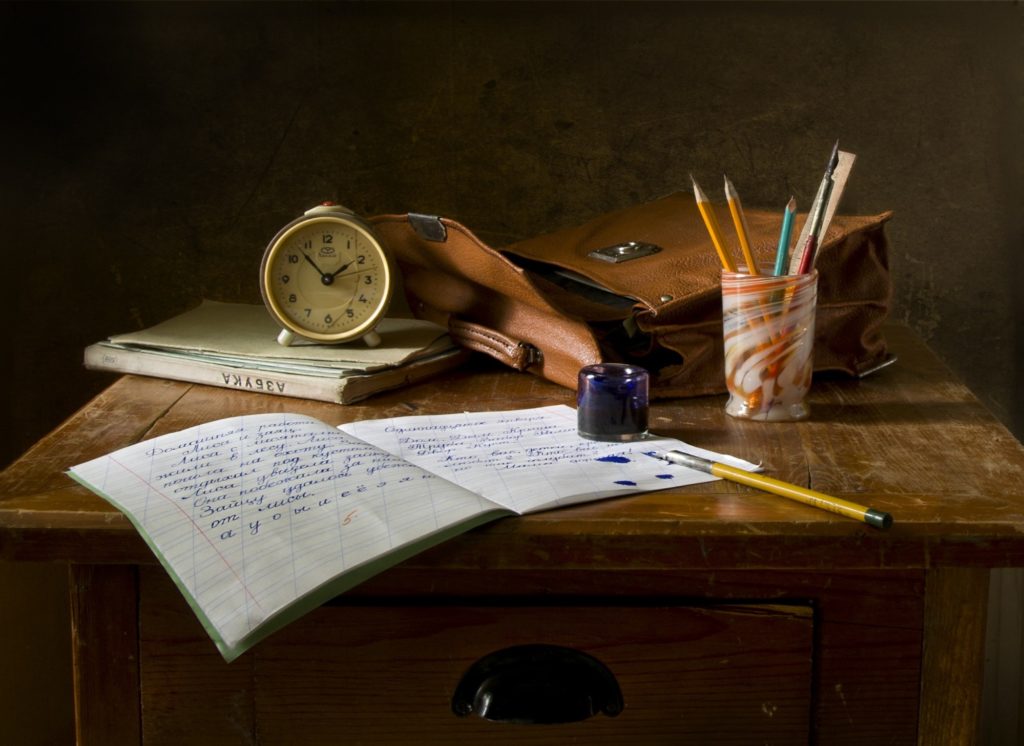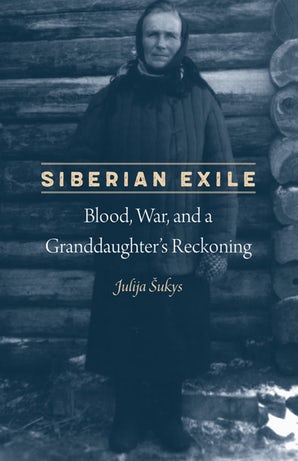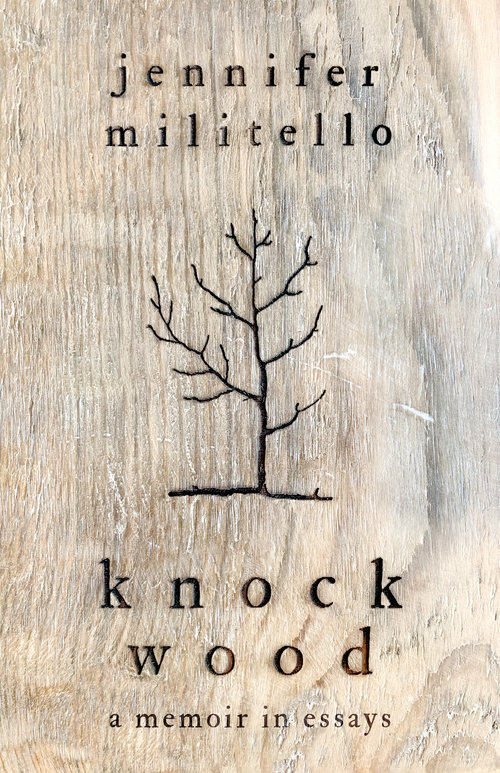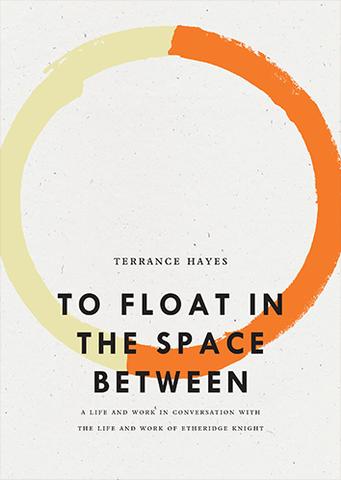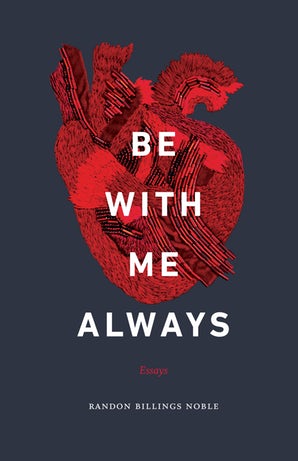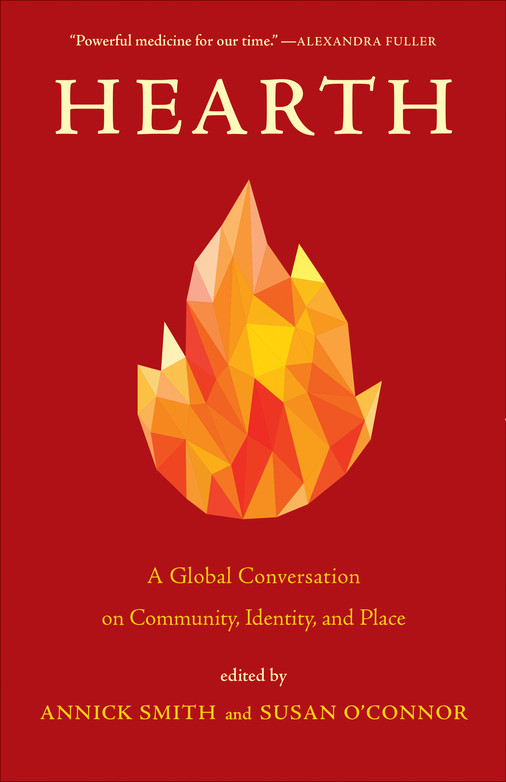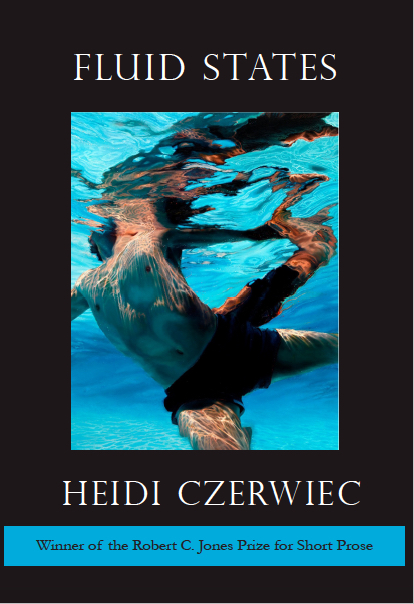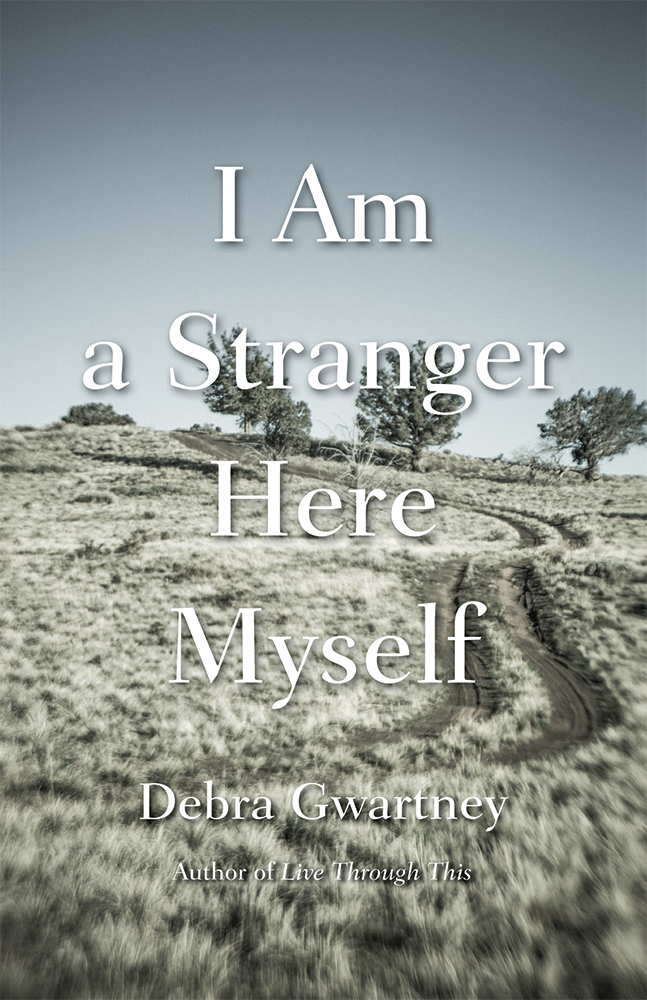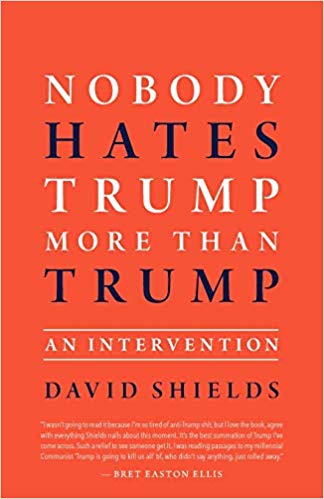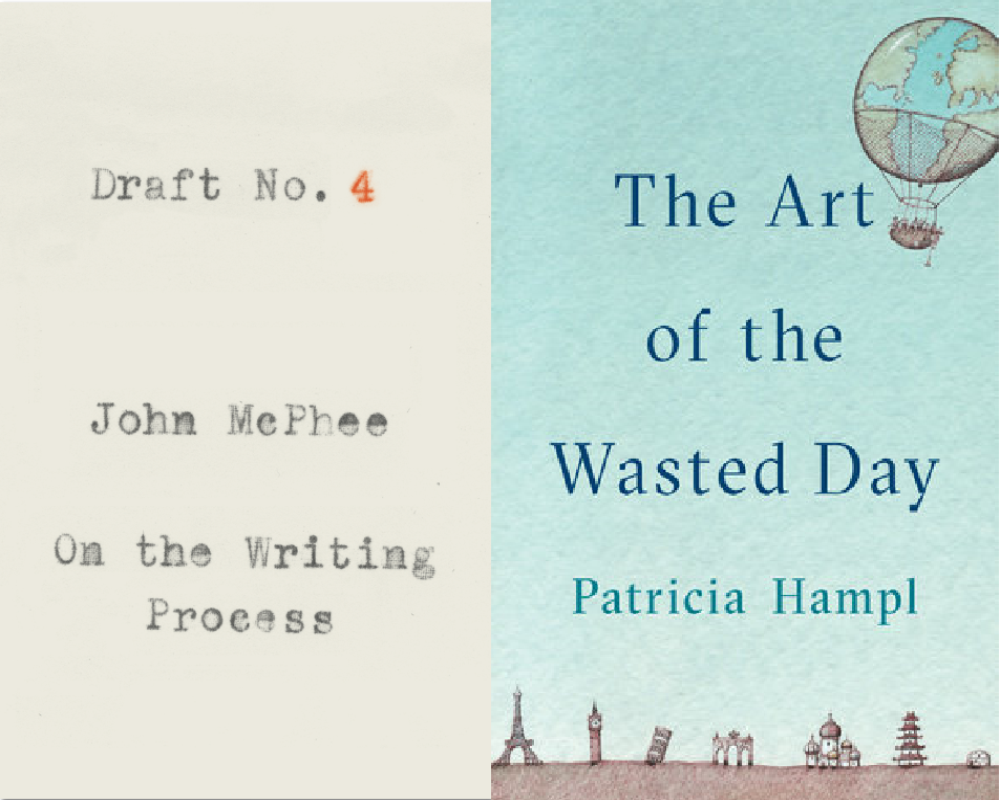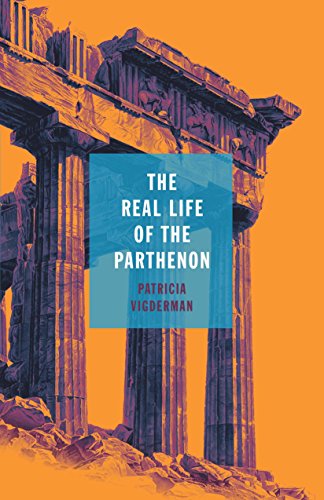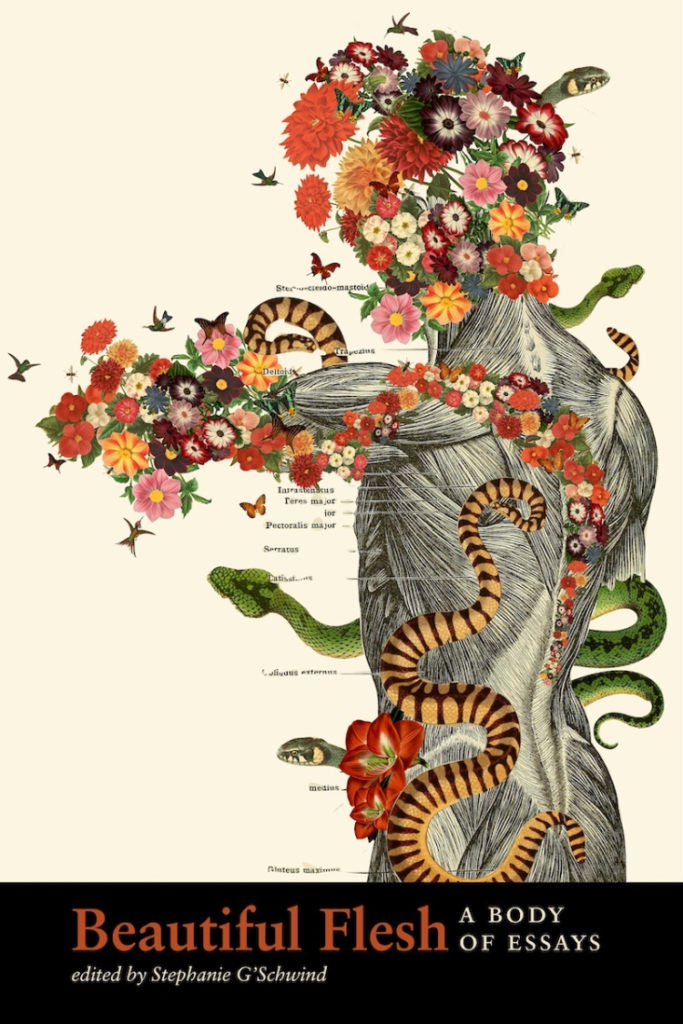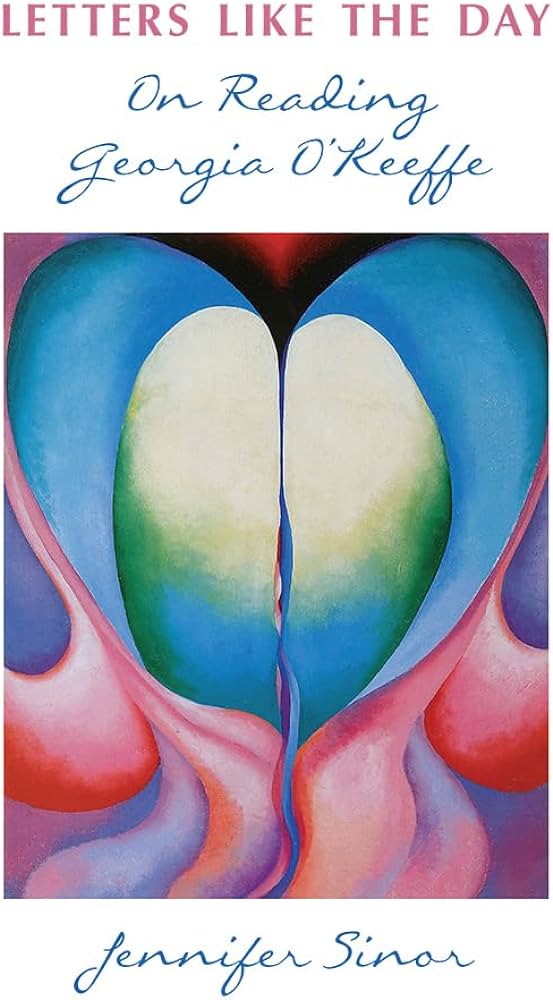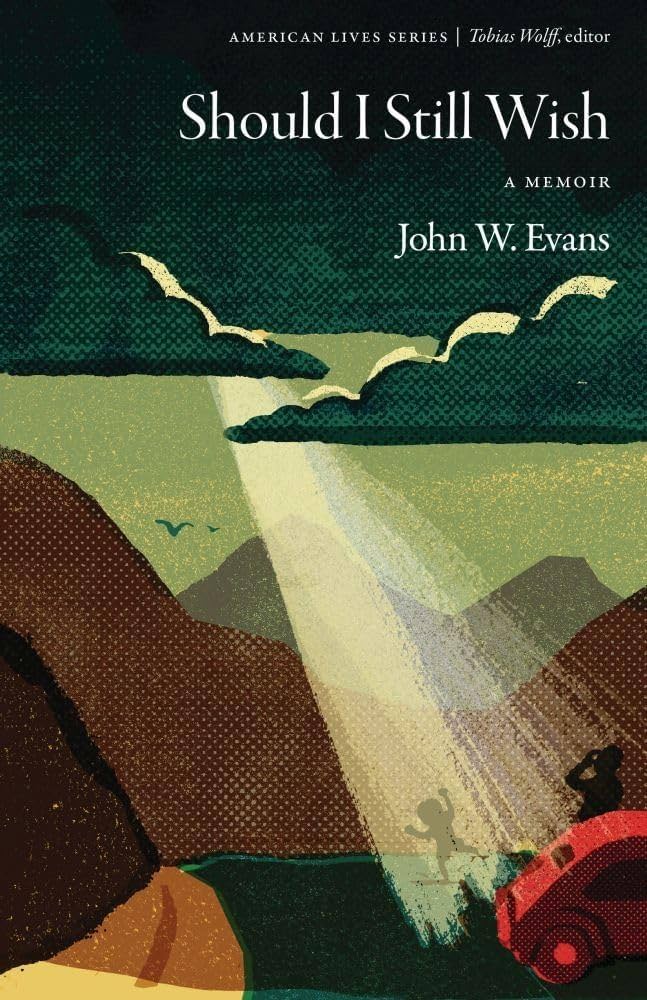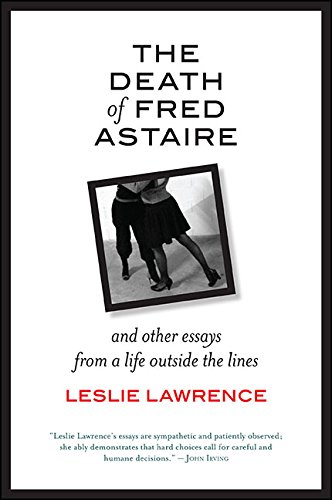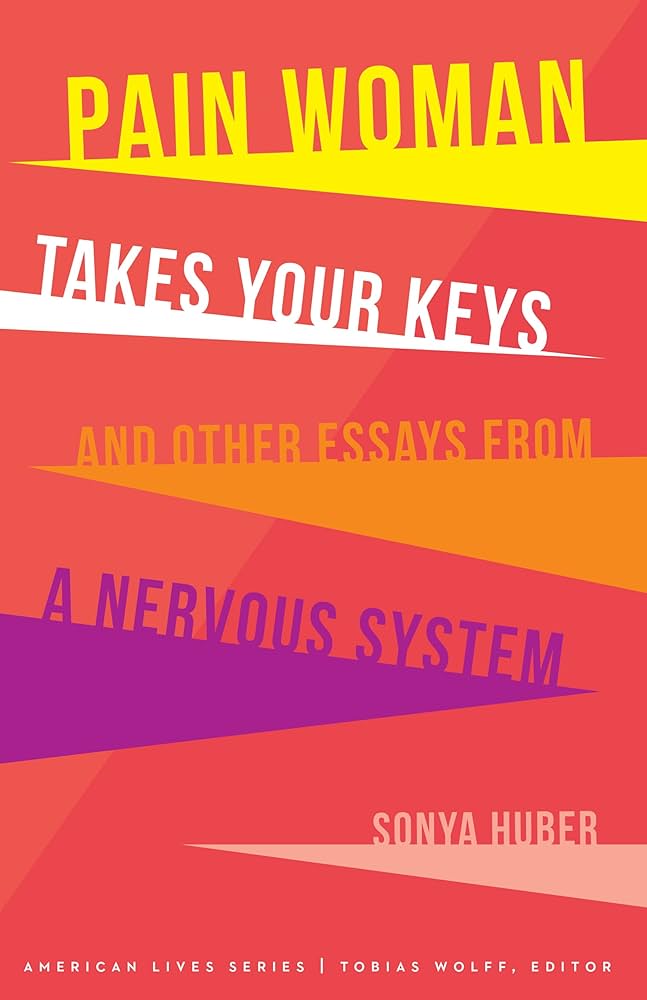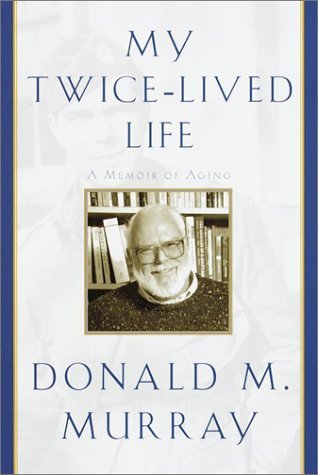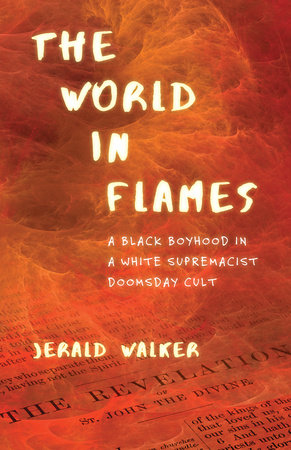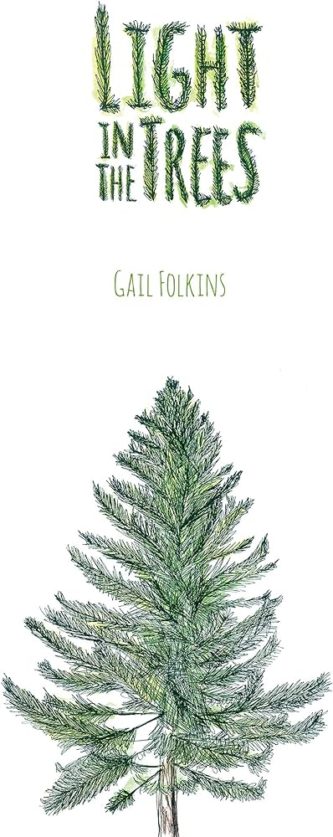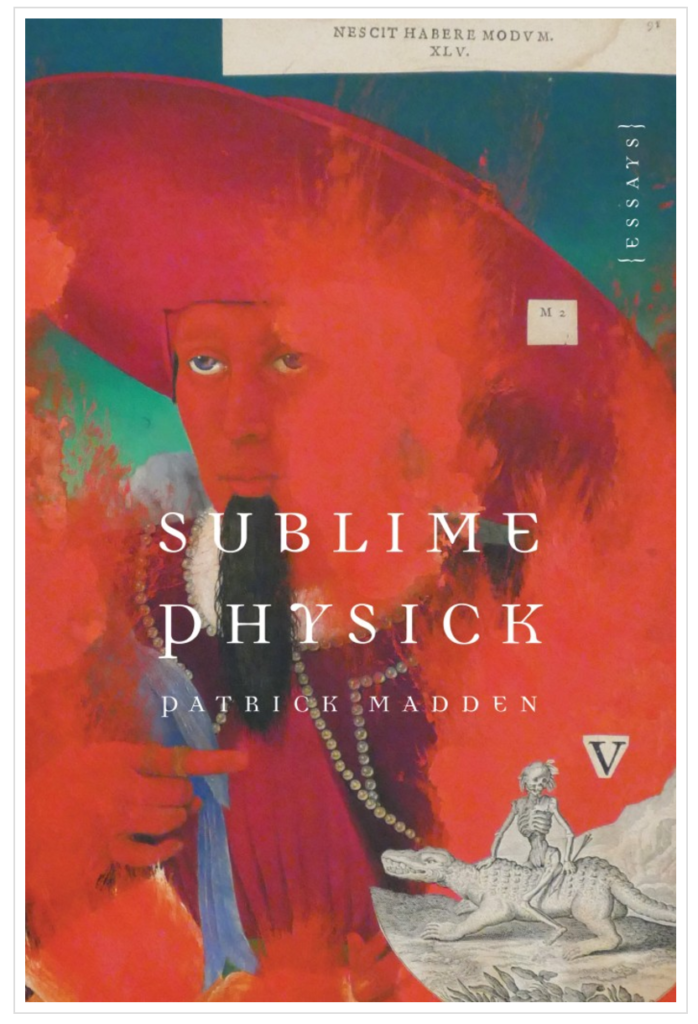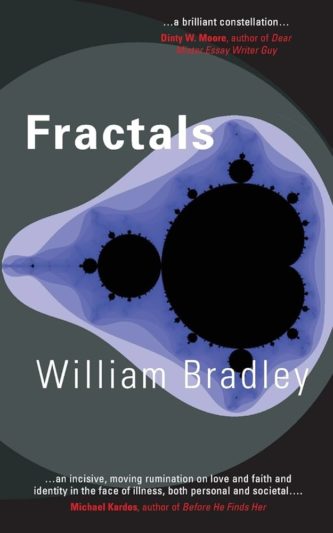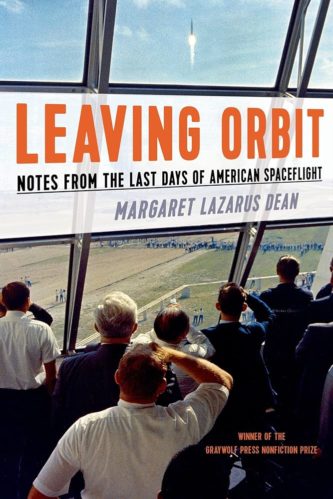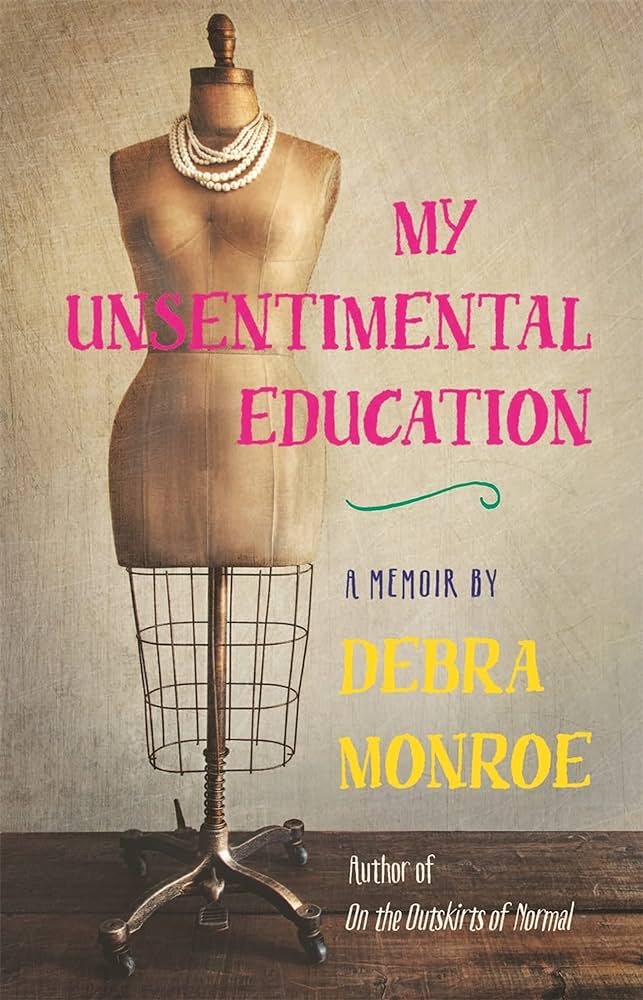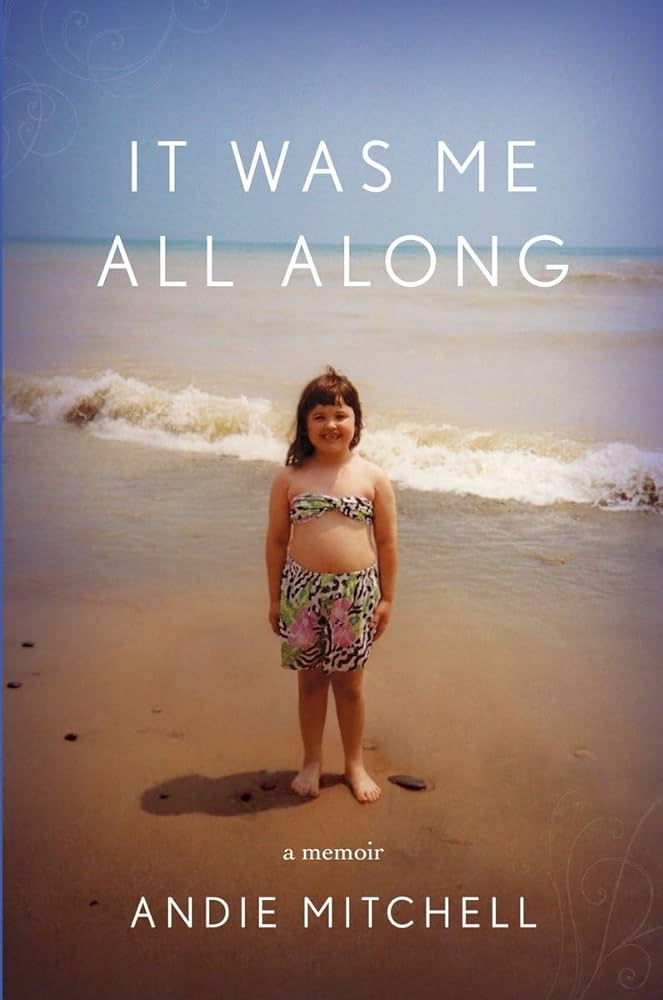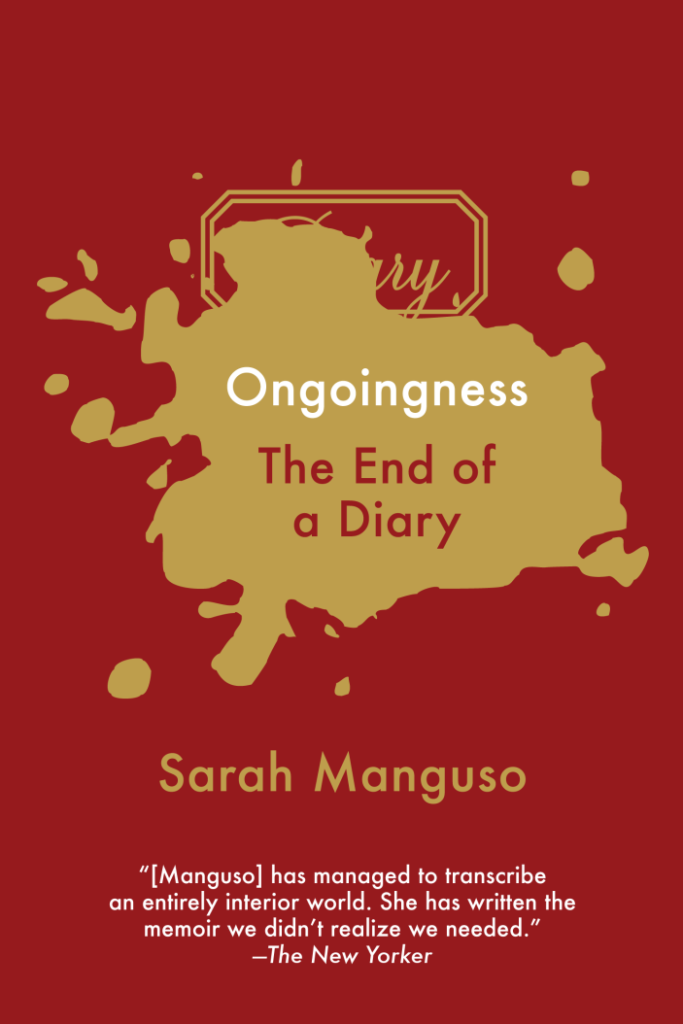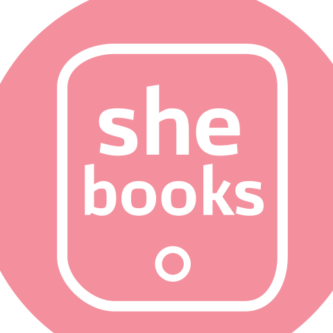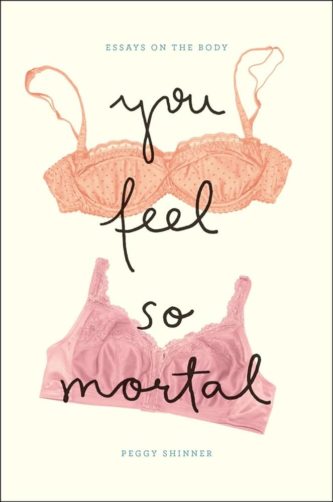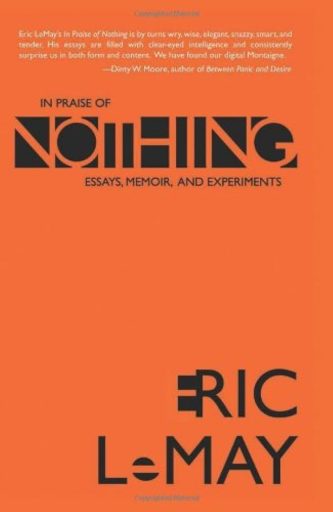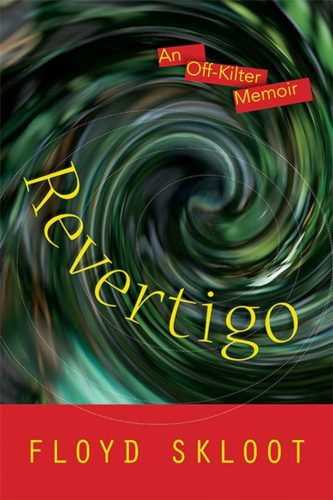By Ashley Espinoza
on This Way Back by Joanna Eleftheriou
This Way Back is a collection of seventeen essays about identity. Joanna Eleftheriou was born in New York City, partially raised there and partially raised on the Greek island of Cyprus; she struggles to accept her identity as an American and a Cypriot, a lesbian, a member of the Greek Orthodox Church, and one who lives on the southern half island under the control of the Cypriot government whose origins are Greek.
Eleftheriou looks deeply into the history of her family and the history of Cyprus. In her essay “The Other Side,” she takes a trip to the Green Line, the neutral zone between the Cypriot south and the Turkish north, occupied by that country for over thirty years. In 2003 the Green Line was opened that allowed people of the south to visit those of the north. Many families were able to see homes and land, which they’d left behind. Eleftheriou is hesitant to visit and examines why she feels a sense of betrayal and fear, knowing that her father saw Turkey as the enemy. She visits this neutral zone and buys a map in Greek and Turkish. She thinks about how Turks and Greeks eat the same foods, though the foods have different names. She thinks about her identity in a country that has been torn apart by people before she was even born.
Eleftheriou sees the world around her and herself all at once. She isn’t just a woman traveling to the Green Line. She is a woman who has lost half of the island even though she wasn’t born to witness it herself. She feels that loss through her father and through her Cypriot Greek friends who conceal their identity. She aches for the part of the land she’s never seen, as if her ancestors are with her. To Eleftheriou the Green Line is not some tourist place to visit; it’s a part of her past that was taken away and will likely never be given back. She even examines her family wishes that Crypto Greeks get their land back and wonders where will the Crypto Turks go.
In addition to her identity as a Cypriot Greek, Eleftheriou is a lesbian, a fact she slowly comes to terms with. Through her younger years she tried to push being gay away because of her religion and because of the anti-gay culture in Cyprus. Her essay “Cyprus Pride” grapples with that question as she watches videos of violence from Cyprus’s first Gay Pride.
In America, Eleftheriou is able to openly discuss her love for women. Her Greek Orthodox priest, by contrast, compares being gay to being deformed. She thinks back to her history books when babies born with imperfections were left to die. She ponders if she would have been left to die if it was possible to know she was gay as a baby. She knew her religion didn’t accept her and saw her sexuality as something wrong with her; in fact, the priest’s words were directed at her. After watching the videos of the Cyprus pride parade, Eleftheriou says to a friend, “I was trying to decide whether to give up my Orthodox faith or renounce my love of women and remain celibate, because there aren’t any people who are Orthodox and gay.”
Her friend gives the simple yet complicated answer that Eleftheriou could be the first Greek Orthodox who is gay. When she accepts herself as gay and visits her first gay bar in Greece someone asks here where she is from. She finally understood how to answer the question. She is from New York and Cyprus, American and Cypriot. Though she doesn’t explicitly write this, it’s a metaphor for her being gay (tolerated in the U.S.) and Greek Orthodox (forbidden).
Even though the book’s essays are not in chronological order and do not add up to a full-length memoir, Eleftheriou’s primary theme is clear—her thoughts about identity. In each essay she tries to find her way back. But to where? She isn’t sure if she has found her way back to an actual home or if home is an illusion. She writes about a discussion with a student in regards to the title of her book.
I told her that when I gave my manuscript the title This Way Back, I couldn’t even figure out if it meant my attempt to get to ancestral Greek lands, back to New York where I was born, or whether it just meant that I had been saddled with a restless sense that the home I have to get back to is always somewhere else.
The collection begins with her father’s death, the emotional crux of most of the essays even if he isn’t present in each one. It feels as if Eleftheriou had to grieve his death before she could write about her childhood. Though the opening essay of this book shows us her father’s death, she doesn’t discuss its aftermath until the end of the book. Rather, in between, she explores her childhood. It isn’t until the last few essays that Joanna returns to his death and how she had to handle his property once he was gone.
In her essay “Inheritance Law,” she discovers that she is entitled to not only the house her father bought in Cyprus but also a piece of land. The land, however, is essentially worth nothing; it’s in the middle of nowhere and barren. Still, she cannot let the land go as it would be against her father’s wishes and against what he worked for—to keep the land in the family. Inheritance law isn’t only about what Eleftheriou is entitled to as her father’s daughter, but she interprets that as an inheritance-like metaphor for being gay. She realizes that writers before her who were gay broke the silence in order that she, too, might come out.
In her essay “Unsent Letter to My Father,” she writes poignantly,
Dad, I would love to have loved young. But my love is for the stars, for the ocean, and words, my work. And if I have learned anything at all about love, it’s that love requires melting, a smallness and wonder at the magnificence of all the world. If I learn to love nobody else, I want to learn to love my father, and if I’ve learned anything yet about love, it’s that a grudge can poison all goodness. I am writing to learn to forgive, to be forgiven.
This Way Back has a special way that Joanna Eleftheriou relates her essays to her multiple identities—a lesbian, an American, a Cypriot, and a daughter trying to honor her father. Each essay holds all of these topics but through the lens of each one’s larger discussion. She ties this all together and ends her book with “The Epilogue: Moonlight Elegy”: “I don’t know how to love a man, not even a father.”
This Way Back by Joanna Eleftheriou
West Virginia University Press
$23.99 Paperback | Buy Now
Ashley Espinoza received her MFA from the University of Nebraska and her work has been published in Assay, Brevity’s Nonfiction Blog, Bending Genres, and Hobart among other places. She is a nonfiction editor for The Good Life Review and reads for The Forge Literary Magazine. She is currently working on a memoir.

